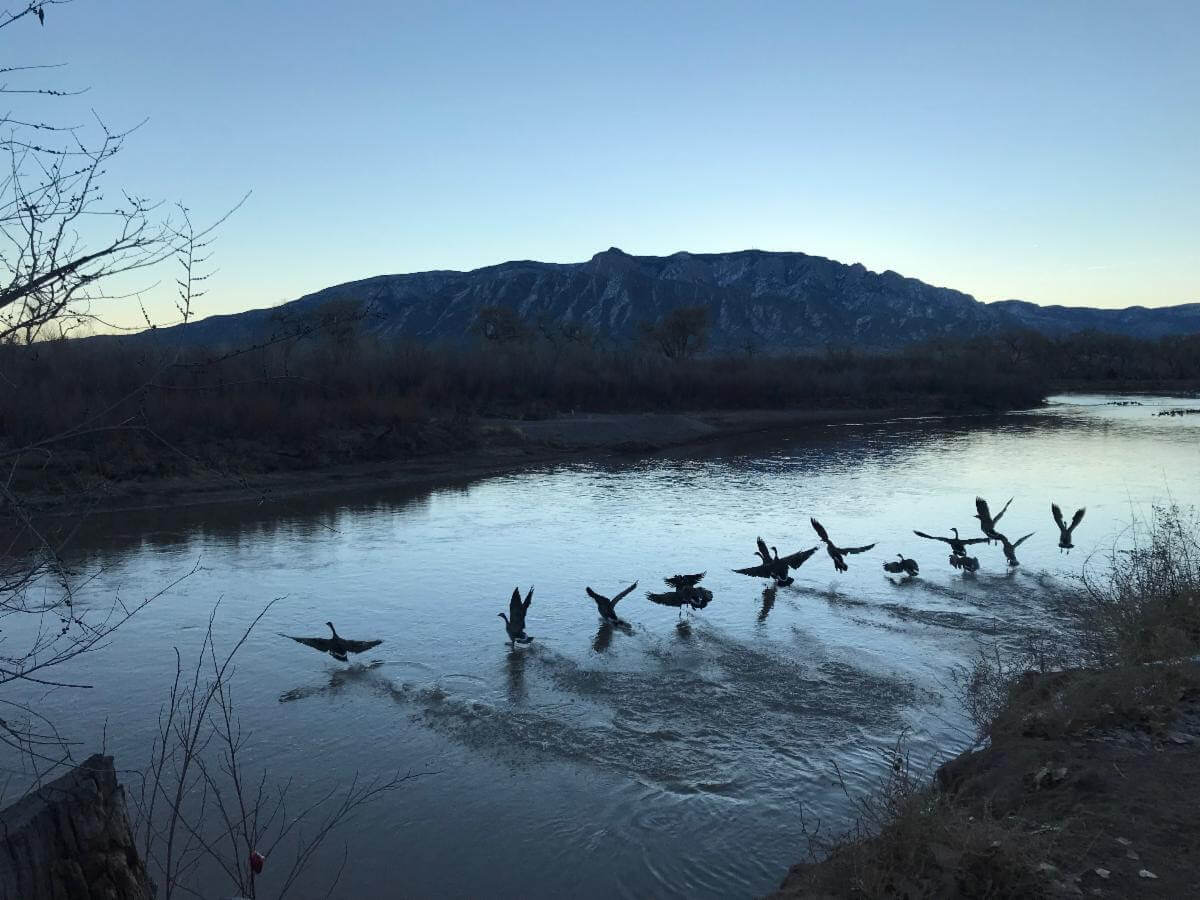Reflections from the Field
In trainings and talks about equity, diversity, inclusion, healing justice and liberation, I’m often asked: “How much time is this work going to take?”
I take a deep breath. Involuntarily images flow through my brain from personal experiences to broader experiences of Indigenous, Black and People of Color, to LGBTQAI+ experiences and more. I take another deep breath. I hold back the pain. Then I ask the person or group “Well, who gets asked that question and why?”
In all fights for liberation, time is a luxury afforded to the advantaged. Those who have the privilege to wait just a little bit longer, until conditions are just right, are usually those whose lives do not depend on change happening. They’re usually folks for whom the current system is working well.
But time is a funny thing — in my lifetime alone, I’ve felt both the agony of change that never comes and the shock of sudden shifts. When I was a kid, the Civil Rights movement and the American Indian movement were in full swing. I’ve seen Title IX implemented, Queer and Trans rights impacted in both positive and negative ways. I’ve lived through the death of the landline, the full adoption of internet and cell phones, and an almost inconceivable shift in the ways we communicate and travel across the globe.
None of these shifts popped up overnight. Years, even centuries, of work, development, trust-building, boundary-stretching, solidarity and practice had to occur for those seemingly sudden leaps to happen. Perhaps it’s the false perception of sudden change that leads to the question of time, as though speed and shortcuts are the only indicators of success, preferable to the deep, long-term work needed to rewrite the dominant narratives of our times and create meaningful change.
In my years working on healing justice, equity, diversity, inclusion and liberation in the environmental field, I often find the folks least concerned with shifting those narratives are also most concerned with moving fast, pushing instead for more and more data. They want to know: where is the data to back up claims that a more diverse, inclusive, equitable field will actually propel shared goals for the planet? Well, we have that data, as well as troves of data on how racism, sexism and patriarchy have directly harmed the environment. And yet, more data is always demanded. What we have is never enough.
In this work, it’s imperative that people take opportunities to share stories and listen to others’. It is through narrative that we learn and remember new perspectives, that we’re made vulnerable enough to drop the armor of dominant cultural norms and see life through a different lens. Stories can move us toward the liberatory act of making change by seeing the value of everyone.
So how much time will this take? All the time in the world, and no time at all. Consider the generations of people who have been working toward the healing justice of being seen as part of humanity. This is not a new conversation: the groundwork has been laid out over centuries. The speed of this work depends on each one of us.
We each need to commit to learn and unlearn and get up and do it again. We have an opportunity to step into the flow of change and make it happen. One day soon, I believe we will see that change – one that may appear to happen quickly. I, for one, will be thanking the ancestors who worked to keep the light shining toward healing justice and liberation. I will be thanking the courageous and compassionate people today for their ability to move toward abundance and radical love.
iAdelante!
Queta

